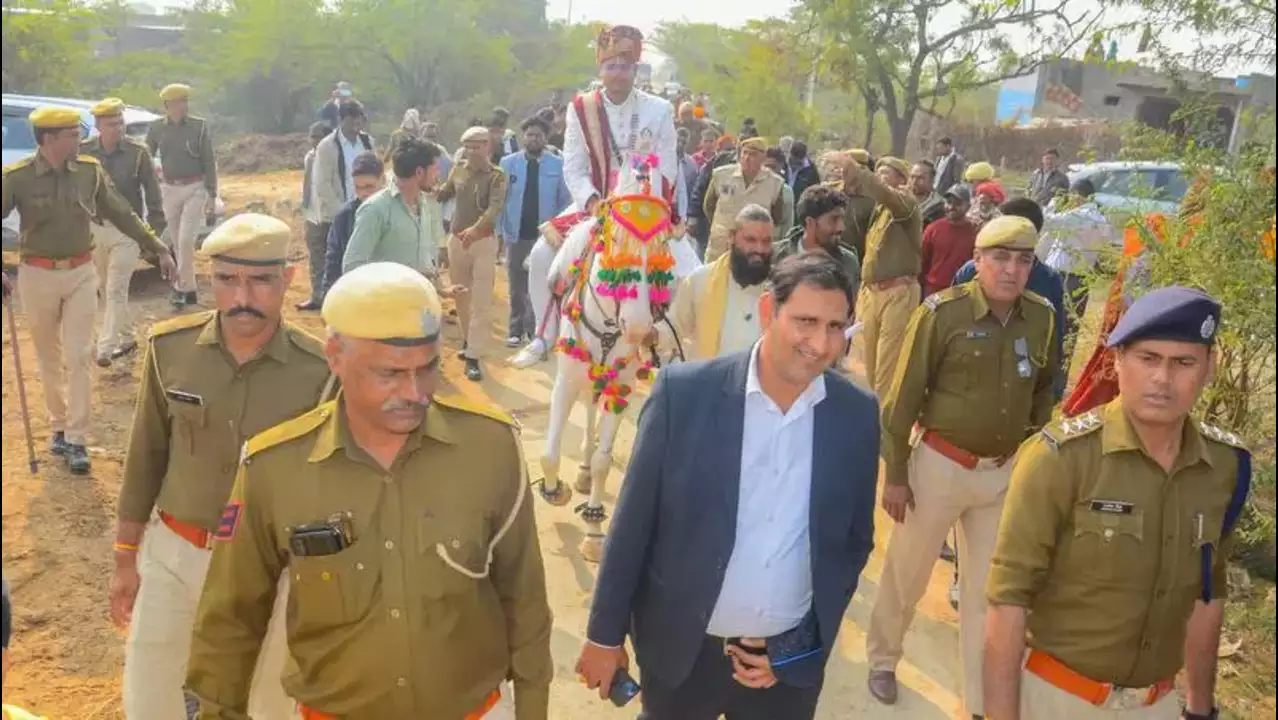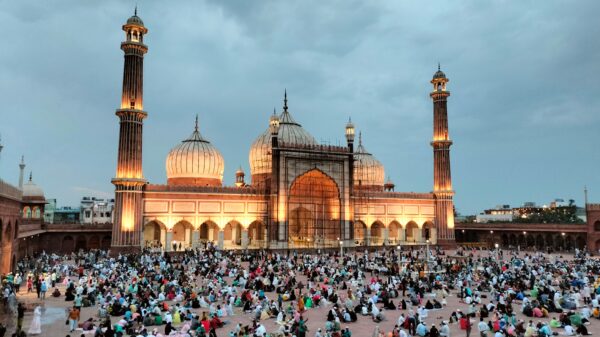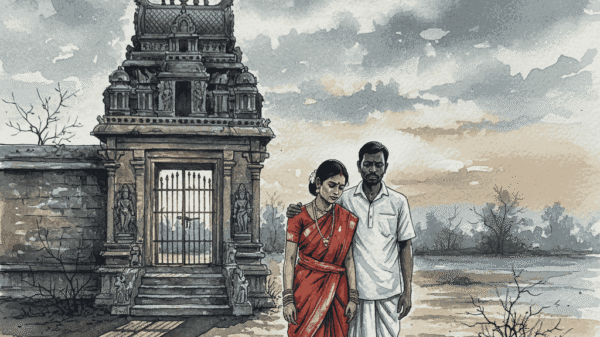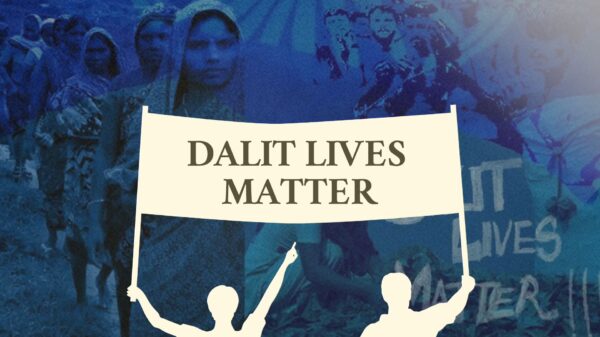Even after 77 years of Independence, caste-based discrimination remains entrenched in parts of India, as witnessed recently in Lavera village of Ajmer district. Dalit groom, Vijay Bakolia, on Tuesday, rode an 8-kilometer procession on a mare under the protection of 75 policemen, who outnumbered the baraatis.
The arrangements were made after Vijay’s father, Narayan Raigar, sought administrative intervention to ensure the wedding took place peacefully and adhered to traditional rituals. Fears of caste-related violence loomed large, harking back to a similar incident in 2005, when Narayan faced resistance while organizing his sister’s wedding.
In the Bindoli ceremony, a groom traditionally rides a mare as part of the wedding procession—a practice often met with hostility by upper-caste communities in some areas. Narayan’s appeal, supported by local activist Ramesh Chandra Bansal of the Manav Vikas Adhikar Kendra Sansthan, prompted senior officials, including SP Vandita Rana and ASP Dr. Deepak Kumar, to deploy a large police force to Lavera. The village temporarily resembled a police cantonment as officers from multiple stations joined the effort.
ASP Kumar confirmed that the procession concluded without incident, adding, “People from various communities participated and witnessed the Bindoli peacefully.”
In 2005, Narayan faced threats from upper-caste groups while organizing his sister Sunita’s wedding. Her groom had also planned to ride a mare, but the horse owner backed out, fearing repercussions. The baraat then eventually used a jeep.
“This time, I was determined to ensure my son’s wedding happened with dignity,” said Narayan, who also had the backing of the bride’s father, Narayan Khorwal, a fellow Dalit.
Activist Bansal appealed to the National Human Rights Commission (NHRC) for protection, citing ongoing discrimination. He also encouraged the family to use firecrackers and music to celebrate without fear. “But they chose caution. It’s disheartening that Scheduled Castes must still rely on administrative help to exercise their basic rights,” he said.
Gurjar Community Sets Example
In a positive turn, the Gurjar community of Lavera village played a significant role in fostering social harmony during the wedding. Community leaders and villagers welcomed the baraat, joined the Bindoli procession, and ensured the groom reached the bride’s house without any issues. The wedding concluded with a respectful and joyous bidaai ceremony.
This cooperation was lauded as a step toward breaking caste-based divides. However, the need for police intervention highlights the enduring challenges faced by Dalits in asserting their rights in certain parts of the country.






























































